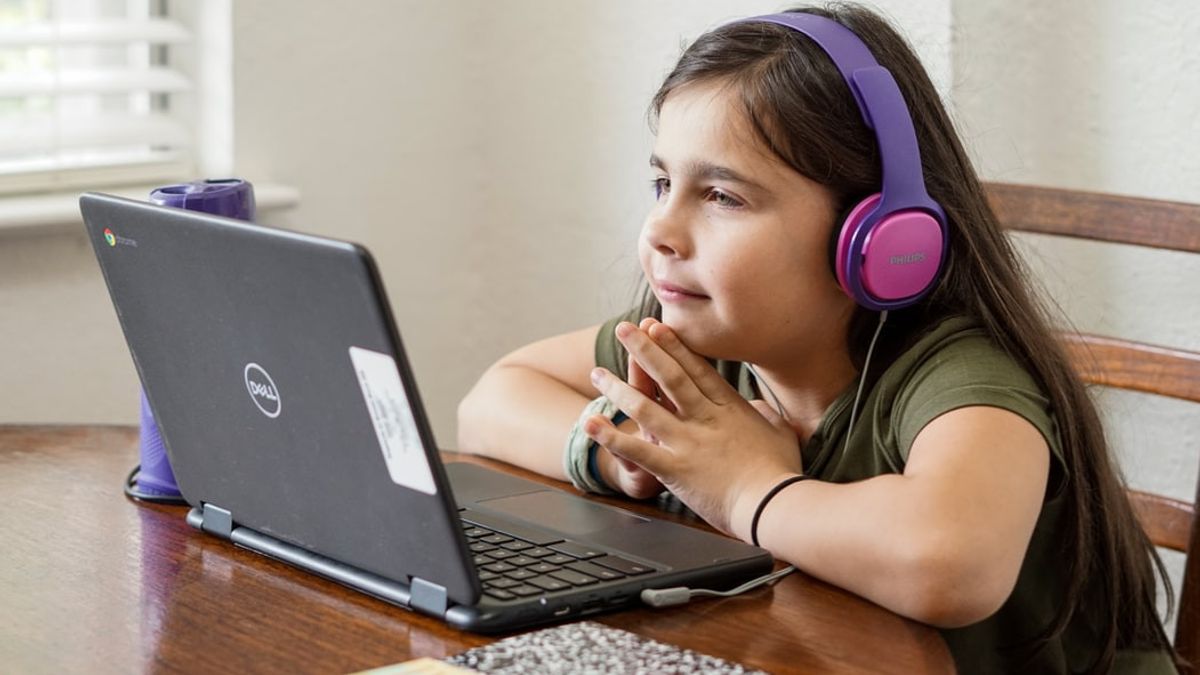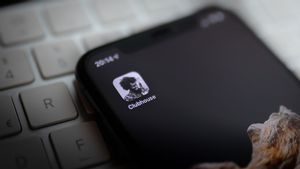JAKARTA - When you say "voice technology," most people think of Amazon's Alexa, Apple's Siri, or Microsoft's Cortana. While personal artificial intelligence (AI) assistants are becoming increasingly integrated into our daily lives, they are just one use of voice technology and are mostly designed for adults.
Irish tech startup SoapBox Labs wants to change that. This Dublin-based company has developed speech recognition technology designed especially for children. This technology is already used in a variety of applications, from toys to educational applications.
“Children's voices are different from adult voices”, says Patricia Scanlon, founder, and chairman of SoapBox. "Typically, they have a higher pitch or use a different language or speech pattern, which ordinary voice technology can't always pick up on".
It's understandable that "an industry that has spent decades working on technology and focuses solely on adults. They run into quite a significant problem when they try to apply it to children", Scanlon told CNN Business.
Instead of fiddling with existing sound technologies on the market, SoapBox builds its sound engine from scratch. This machine focuses on children aged two to 12 years. Voices were collected from speeches in real-world noisy environments, kitchens, classrooms, and cars, from children of all ages, accents, and dialects, coming from a total of 192 countries.
"Systems like ours are highly bespoke and focused on getting high accuracy and age-appropriate responses for children", says Scanlon.
To Educate or Play
This opens up a whole new market, the demand for which is constantly increasing. More than 8 billion digital voice assistants are expected to be in use by 2024. This number is up from 4 billion in 2020, and there is an increasing focus on adapting technology for children. In 2020, Amazon launched the next generation of the Echo Dot Kids Edition, a kid-focused Alexa device.
SoapBox, which sells technology rather than consumer products, has raised more than USD 12 million in funding since its founding in 2013. They have attracted more than 50 clients from all over the world. The company says it falls into two categories: "educational" and "playable".
"This technology can help children learn to read or learn a language", said Scanlon. “This machine acts as an “adult helper”, responding immediately to the child and giving them a one-on-one time, and can also help to record the child’s progress and provide feedback to the teacher or parent”.
SoapBox has forged partnerships with online education companies such as New York-based company Amplify, Florida Center for Reading Research, and Lingumi, a UK-based English learning app.
The technology is also being used by toy developers and game companies looking to create toys with voice chats with children, or immersive virtual or augmented reality experiences.
Lynne Hall, professor of computer science at the University of Sunderland in the UK, agrees that the potential of children's voice technology is "pretty big".
"This offers additional learning channels and endless access to facts and skills", says Hall, who envisions it being used in the classroom to provide additional support for teaching. "Adding speech recognition to engage with screen-based experiences is likely to be an effective approach", he said.
Scanlon believes it will also increase engagement, whether in education or gaming. "When kids interact with this technology, magic happens and the level of engagement increases", she says. "They feel like they're being heard by technology".
Protects Privacy
“One of the main challenges with developing sound technology for kids is gaining the trust of parents, especially on privacy”, says Andy Robertson, author of "Taming Gaming", a book about video games for parents. But he believes SoapBox is taking the right approach.
SEE ALSO:
"It ticks the right box for parents", says Robertson. "It's made for kids rather than taking a product for adults and then changing it for kids. This means that they have the opportunity to ensure good compliance with important regulations (such as the US Children's Online Privacy Protection Rules or the EU General Data Protection Act). Protection Regulations for children to interact with children".
SoapBox says it doesn't identify any users on its system and that voice data is never shared, or sold to, third parties. The data is also not used to support marketing and advertising activities.
"We respect children's right to digital privacy, which is very different from that of adults", Scanlon said.
The English, Chinese, Japanese, Arabic, and French versions are automatically generated by the AI. So there may still be inaccuracies in translating, please always see Indonesian as our main language. (system supported by DigitalSiber.id)


















